This article was co-authored by Erik Kramer, DO, MPH and by wikiHow staff writer, Hunter Rising. Dr. Erik Kramer is a Board-Certified Primary Care Physician at the University of Colorado. With over 15 years of experience, his clinical interests include obesity and weight management, diabetes care, and preventive care, as well as embracing a holistic approach to primary care. He received his Doctorate in Osteopathic Medicine (D.O.) from the Touro University Nevada College of Osteopathic Medicine and completed his residency at Central Maine Medical Center. Dr. Kramer is a Diplomate of the American Board of Obesity Medicine.
There are 17 references cited in this article, which can be found at the bottom of the page.
This article has been viewed 122,654 times.
If you’re trying to shed a few pounds, you might be worried that you’ll have to stop eating all of the foods you love. However, cutting foods completely out of your diet actually increases your cravings and makes it tougher to manage your weight. By changing when and how you eat, you can still enjoy food in moderation. We’ll start with ways to adjust your meals and move on to other things you can do to control your hunger and help you achieve your weight loss goals!
Steps
Expert Q&A
-
QuestionCan you eat junk food and still lose weight?
 Michele DolanMichele Dolan is a BCRPA certified Personal Trainer in British Columbia. She has been a personal trainer and fitness instructor since 2002.
Michele DolanMichele Dolan is a BCRPA certified Personal Trainer in British Columbia. She has been a personal trainer and fitness instructor since 2002.
Certified Fitness Trainer Losing weight requires an overall calorie deficit. Sure, you can eat a diet of two bags of chips a day and lose weight, but you won't get the vitamins, minerals, protein, healthy fats and carbohydrates your body needs and you will feel like junk.
Losing weight requires an overall calorie deficit. Sure, you can eat a diet of two bags of chips a day and lose weight, but you won't get the vitamins, minerals, protein, healthy fats and carbohydrates your body needs and you will feel like junk. -
QuestionWhat should you eat if you want to lose weight?
 Michele DolanMichele Dolan is a BCRPA certified Personal Trainer in British Columbia. She has been a personal trainer and fitness instructor since 2002.
Michele DolanMichele Dolan is a BCRPA certified Personal Trainer in British Columbia. She has been a personal trainer and fitness instructor since 2002.
Certified Fitness Trainer Losing weight requires a calorie deficit. Eat whole foods, vegetables, fruits, grains, and protein. Avoid foods that come in a box or package, including drinks.
Losing weight requires a calorie deficit. Eat whole foods, vegetables, fruits, grains, and protein. Avoid foods that come in a box or package, including drinks. -
QuestionCan you lose weight by eating three meals a day?
 Michele DolanMichele Dolan is a BCRPA certified Personal Trainer in British Columbia. She has been a personal trainer and fitness instructor since 2002.
Michele DolanMichele Dolan is a BCRPA certified Personal Trainer in British Columbia. She has been a personal trainer and fitness instructor since 2002.
Certified Fitness Trainer Yes, as long as your overall calorie intake is less, you can lose weight while eating three meals a day.
Yes, as long as your overall calorie intake is less, you can lose weight while eating three meals a day.
Warnings
References
- ↑ Tara Coleman. Clinical Nutritionist. Expert Interview. 22 October 2020.
- ↑ https://www.nhsinform.scot/healthy-living/food-and-nutrition/healthy-eating-and-weight-loss/how-to-lose-weight-safely
- ↑ https://www.mayoclinic.org/healthy-lifestyle/weight-loss/multimedia/portion-control/sls-20076148?s=1
- ↑ https://www.mayoclinic.org/healthy-lifestyle/nutrition-and-healthy-eating/in-depth/high-fiber-foods/art-20050948
- ↑ https://www.nytimes.com/2017/07/28/well/eat/how-much-protein-do-we-need.html
- ↑ Tara Coleman. Clinical Nutritionist. Expert Interview. 22 October 2020.
- ↑ https://www.cdc.gov/healthyweight/losing_weight/eating_habits.html
- ↑ https://kidshealth.org/en/teens/lose-weight-safely.html
- ↑ Tara Coleman. Clinical Nutritionist. Expert Interview. 22 October 2020.
- ↑ https://kidshealth.org/en/teens/lose-weight-safely.html
- ↑ Tara Coleman. Clinical Nutritionist. Expert Interview. 22 October 2020.
- ↑ https://www.inc.com/jeff-haden/how-to-lose-weight-without-dieting-8-simple-ways-b.html
- ↑ https://www.inc.com/jeff-haden/how-to-lose-weight-without-dieting-8-simple-ways-b.html
- ↑ https://pubmed.ncbi.nlm.nih.gov/24005858/
- ↑ https://pubmed.ncbi.nlm.nih.gov/22245725/
- ↑ https://www.nbcnews.com/better/health/i-m-doing-everything-right-i-m-still-not-losing-ncna866376
- ↑ https://www.nhsinform.scot/healthy-living/food-and-nutrition/healthy-eating-and-weight-loss/how-to-lose-weight-safely
- ↑ https://kidshealth.org/en/teens/lose-weight-safely.html
- ↑ https://www.arthritis.org/health-wellness/healthy-living/nutrition/weight-loss/8-ways-to-lose-weight-without-dieting
- ↑ https://www.mayoclinic.org/healthy-lifestyle/weight-loss/in-depth/metabolism/art-20046508
- ↑ https://www.mayoclinic.org/healthy-lifestyle/weight-loss/in-depth/metabolism/art-20046508
- ↑ https://diet.mayoclinic.org/diet/move/fun-ways-to-burn-calories
- ↑ https://www.nbcnews.com/better/health/i-m-doing-everything-right-i-m-still-not-losing-ncna866376
- ↑ Tara Coleman. Clinical Nutritionist. Expert Interview. 22 October 2020.
- ↑ https://www.mayoclinic.org/healthy-lifestyle/stress-management/expert-answers/stress/faq-20058497
- ↑ https://www.cnn.com/2014/04/29/health/upwave-weight-sleeping
- ↑ https://www.nbcnews.com/better/health/i-m-doing-everything-right-i-m-still-not-losing-ncna866376
- ↑ https://www.mayoclinic.org/healthy-lifestyle/weight-loss/in-depth/metabolism/art-20046508
- ↑ http://www.cnn.com/2010/HEALTH/04/20/crash.diets.harm.health/
About This Article
You can eat the things you want and still lose weight by giving yourself permission to eat high calorie foods in moderation. For example, it’s easier to eat things like pizza and beer on occasion than it is to completely cut them out of your diet forever and risk binging on them. Remember that your body craves things when you’re lacking nutrients, so make sure to eat plenty of fruits, vegetables, and fiber-rich foods to keep your cravings under control. Besides eating the right foods, you should drink plenty of water throughout the day since it’s easy to overeat when you’re dehydrated. To learn how to set a workout goal for yourself to lose weight, read more from our Trainer co-author!
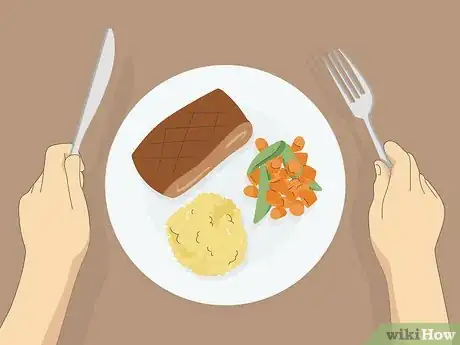

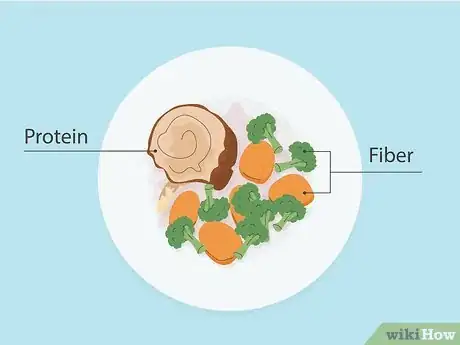
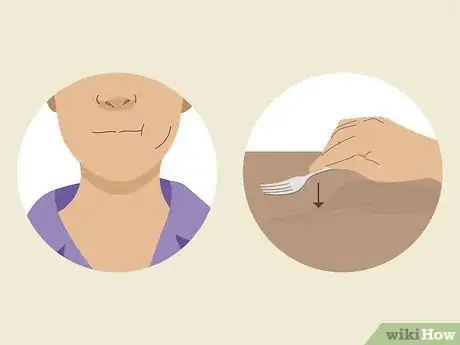
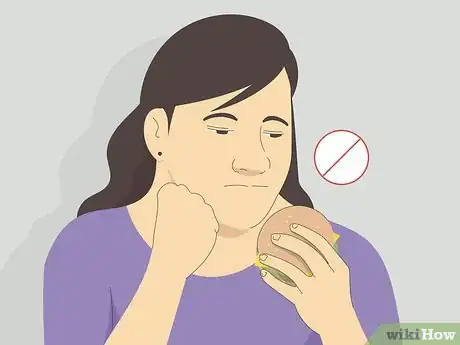
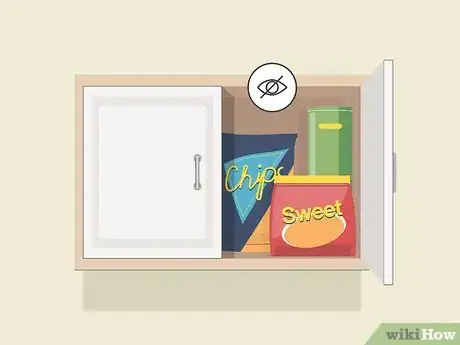
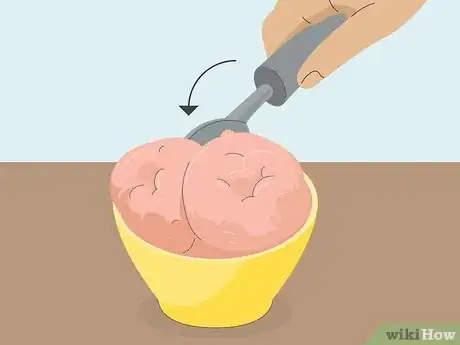
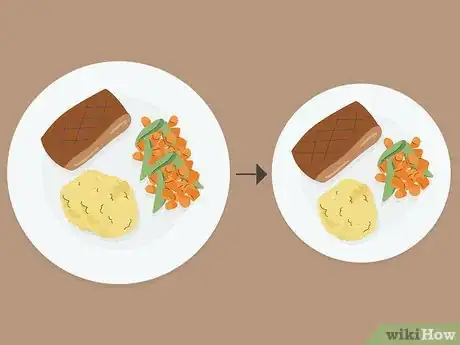
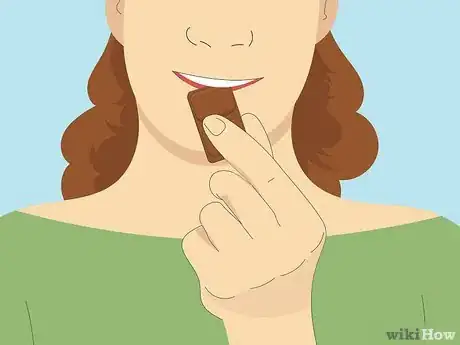
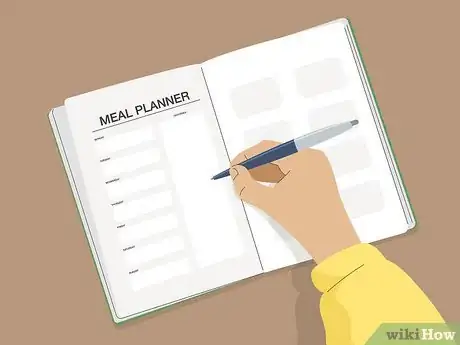
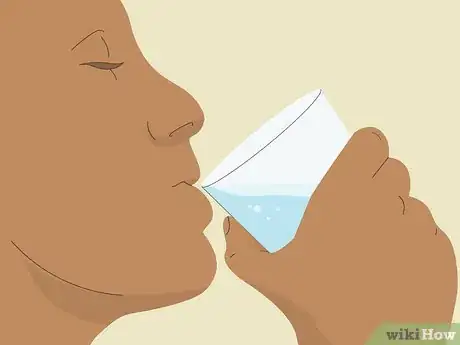
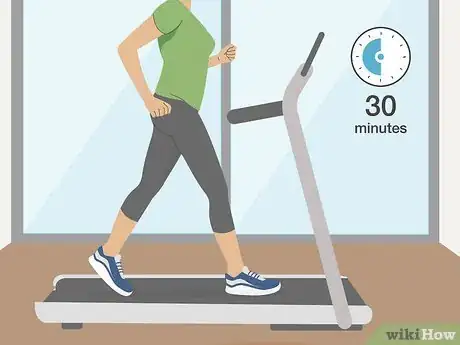
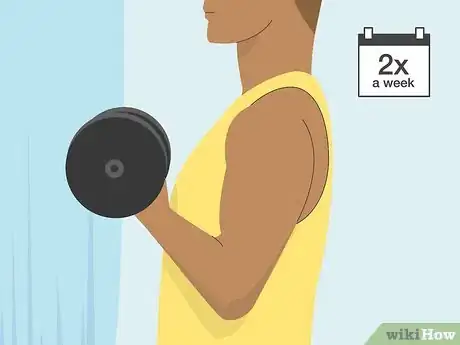
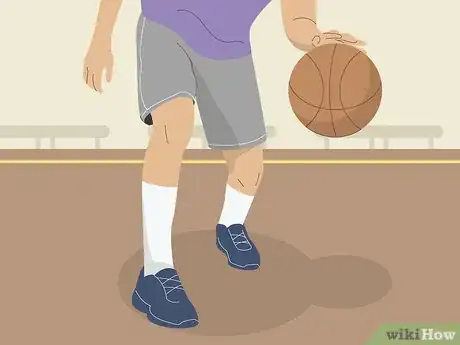
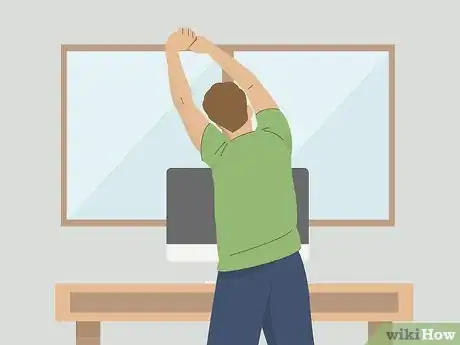
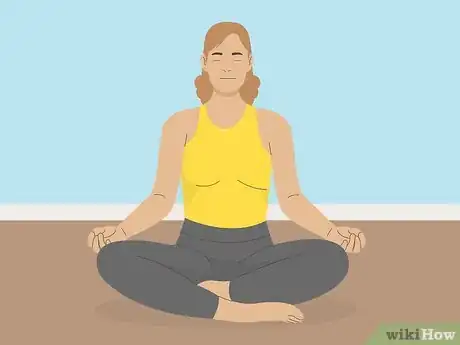
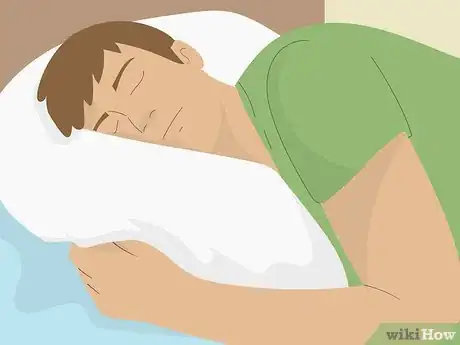
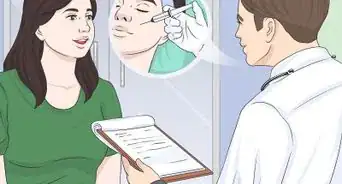
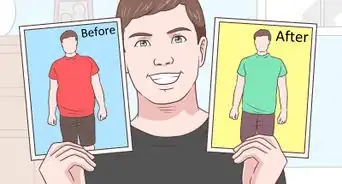
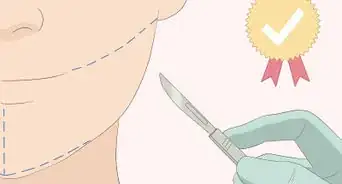
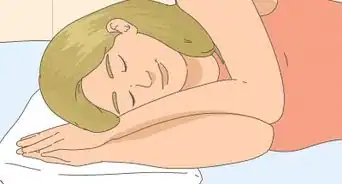


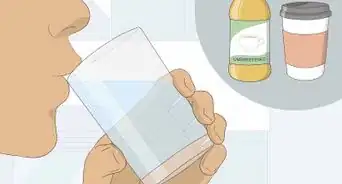
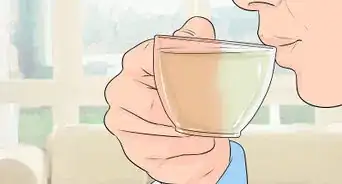
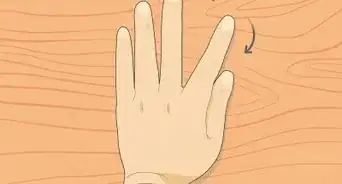
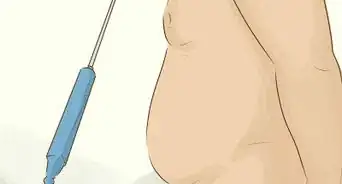
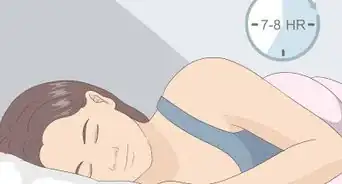
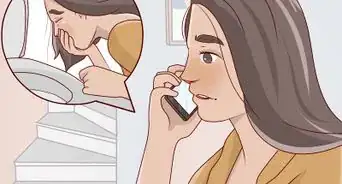








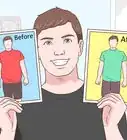





































Medical Disclaimer
The content of this article is not intended to be a substitute for professional medical advice, examination, diagnosis, or treatment. You should always contact your doctor or other qualified healthcare professional before starting, changing, or stopping any kind of health treatment.
Read More...